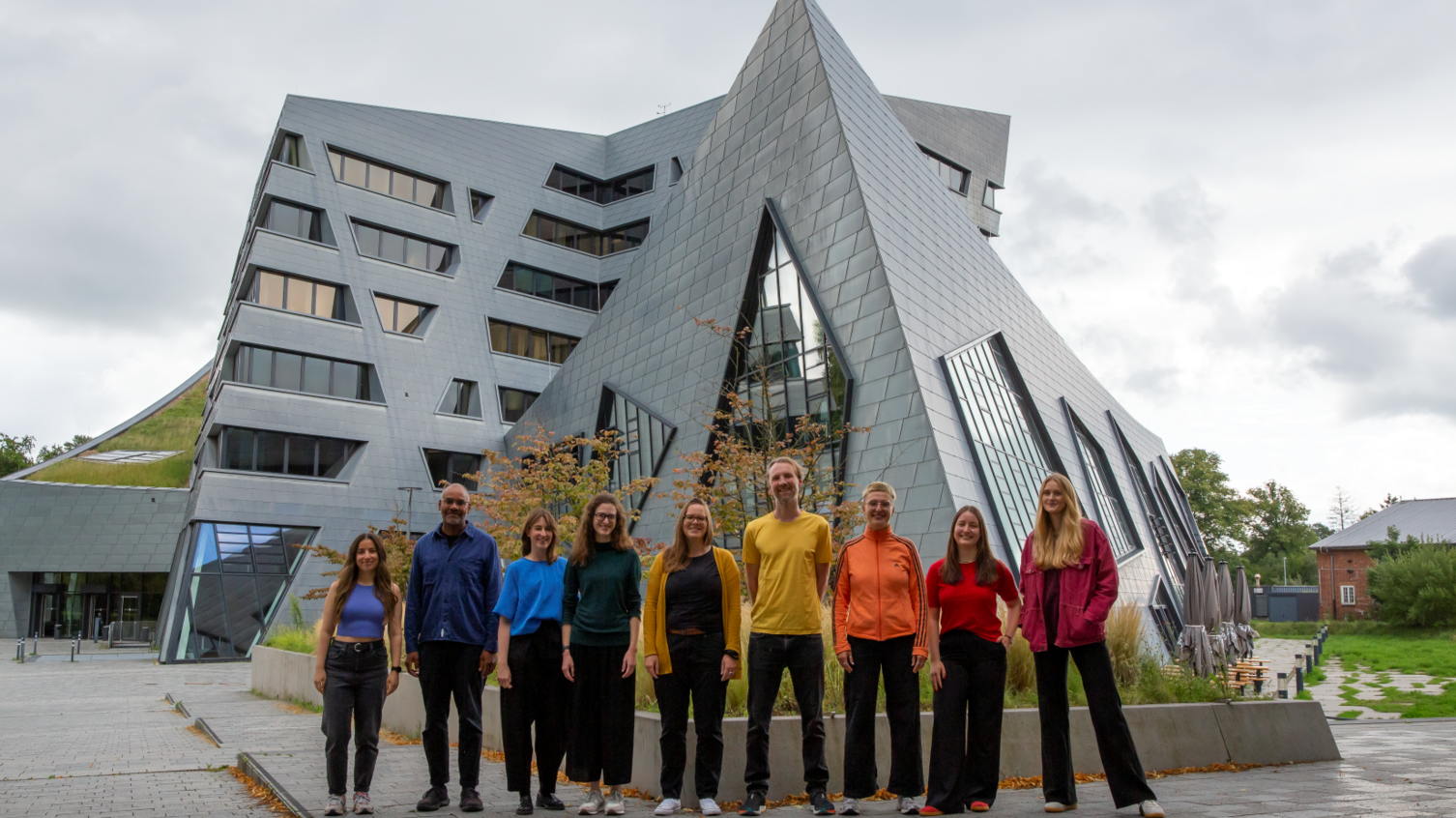Learning to Address Diversity
Diversity – and the discrimination it can entail, such as racism, sexism, or ableism – is part of everyday school life. Talking about it, often referred to as diversity talk, can be challenging for many teachers and students. Uncertainty, a lack of conversational routines, or the fear of saying the wrong thing may lead to diversity-related issues being left unaddressed. Yet constructive diversity talk can help make schools more sensitive to discrimination, empower students, and reduce prejudice. It is therefore all the more important to prepare future teachers specifically for engaging in such conversations.
Project Goal
The KoDiTa project aims to develop, pilot, and establish a higher education teaching concept that is both pedagogically grounded and evidence-based. It is designed to equip student teachers in their final master’s semester to:
- engage constructively in conversations about diversity, discrimination, and belonging,
- identify key factors that facilitate or hinder diversity talk, and
- critically reflect on their own attitudes and possible courses of action.
The project is part of the Freiraum 2025 funding program of the “Stiftung Innovation in der Hochschullehre” and runs from April 1, 2025, to March 31, 2027.
Project Structure
Part 1: Audio Diary Study during the School Placement
In its first phase, KoDiTa invites student teachers to share experiences from their school placement through an audio diary study. The focus is on situations perceived as significant in everyday school life – especially those in which diversity, discrimination, or belonging play a role. The audio contributions help identify typical diversity-related situations and serve as a basis for developing the seminar concept. The situations reported will then be used in the seminar as a starting point for reflection, discussion, and practicing professional responses.
Over a period of three weeks, participants will receive regular email prompts inviting them to record short audio reflections on situations that have particularly stayed with them. The recordings are made on participants’ own smartphones and are treated with strict confidentiality.
Part 2: In-Depth Interviews
In addition to the audio diary study, we conduct in-depth interviews with selected student teachers. These conversations provide an opportunity to jointly reflect on key experiences and to gather feedback on the study as well as on our initial seminar concept ideas. The interviews allow us to incorporate diverse perspectives and to further develop the seminar concept in collaboration with those it is designed for.
Part 3: Development and Evaluation of the Seminar Concept
Drawing on the audio diary contributions and interviews, we will develop an evidence-based, pedagogically grounded seminar concept for teacher education. The aim is to prepare future teachers specifically for challenging conversations on diversity, discrimination, and belonging.
The seminar focuses on three key dimensions of constructive diversity talk:
- Knowledge: understanding factors that facilitate or hinder such conversations,
- Skills: practising concrete situations (e.g., through role plays),
- Attitudes: fostering guided self-reflection.
In the summer term of 2026, the concept will be implemented for the first time in several courses within the “Development of Educational Institutions” module at Leuphana University of Lüneburg and will be accompanied by a comprehensive evaluation.
Part 4: Consolidation and Transfer
Following its initial implementation, the seminar concept will be revised and permanently integrated into teacher education at Leuphana University of Lüneburg.
In addition, a “Diversity Talk” seminar package will be developed, including materials for use in higher education teaching, which will be published as an Open Educational Resource (OER).
KoDiTa will also offer workshops and exchange formats to jointly reflect on and further develop approaches to teaching about diversity-related issues.
The KoDiTa project is funded through the Freiraum programme of the Foundation for Innovation in Higher Education Teaching (Stiftung Innovation in der Hochschullehre).
Project duration: April 1, 2025 – March 31, 2027.
Contact
If you have any questions about the project or about participating in the audio diary study, please feel free to contact us: kodita@leuphana.de


